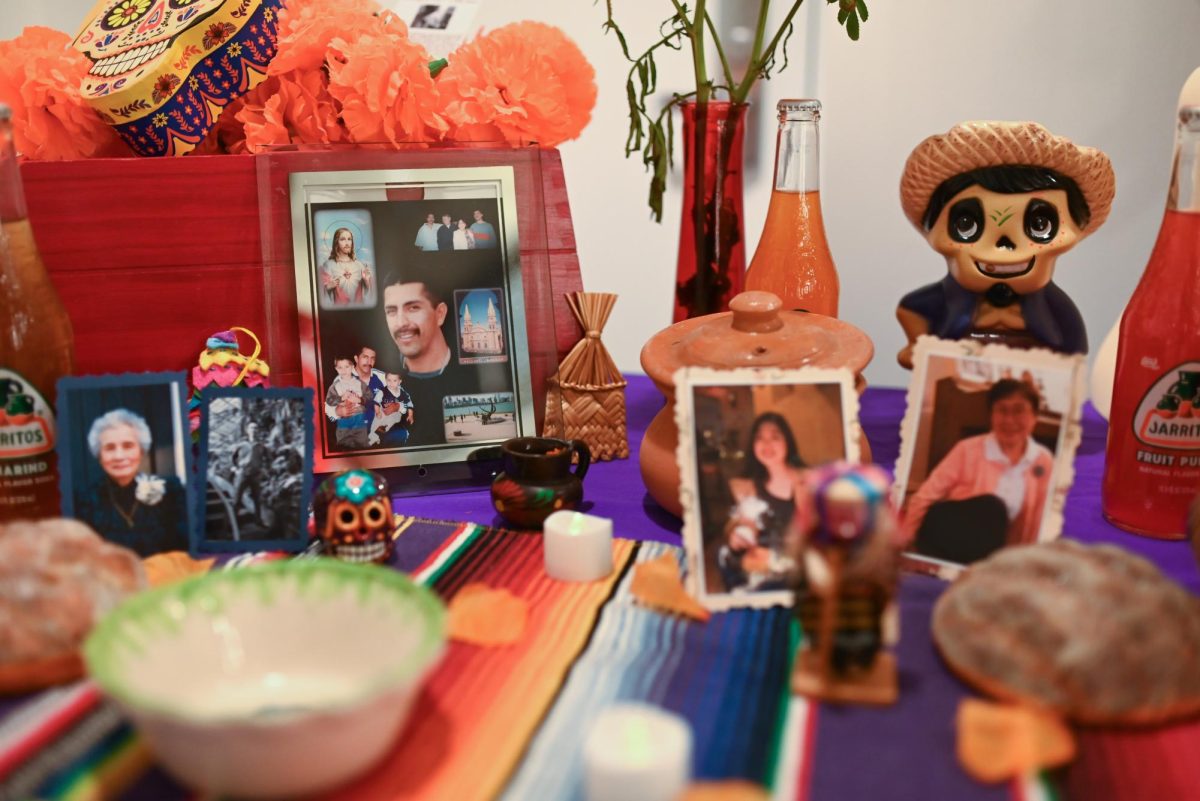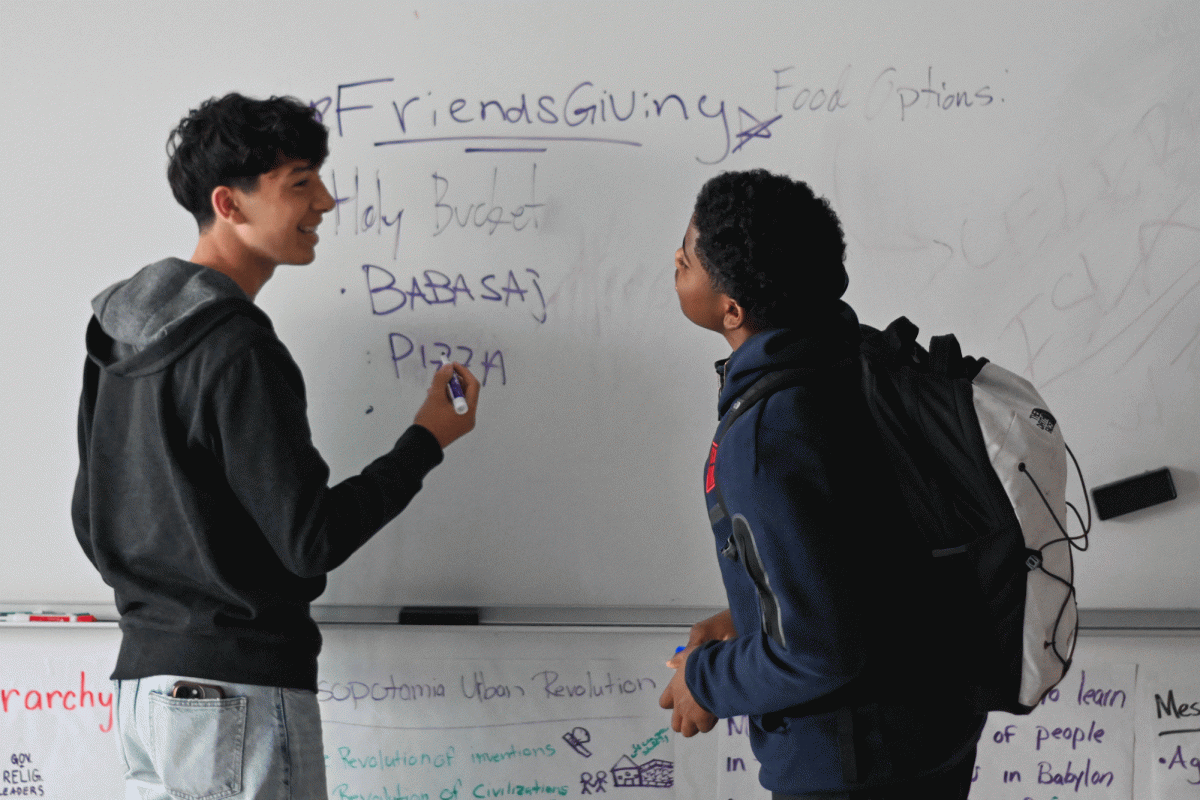All-Schools Council expands for student input
December 14, 2017
Beginning next quarter, a small group of students will join the All-Schools Council, which has an important role in the improvement and progress of the Laboratory Schools.
The group includes the Lab Schools director, the president of the Faculty Association or the designee, the director of finance, all principals, five divisional faculty chairs elected by their division and an additional faculty member from each school: nursery to second grade, lower, middle and high.
In the past, the All-Schools Council hasn’t functioned well. Lab Schools Director Charlie Abelmann explained that the group is supposed to meet quarterly, but in past years it’s met twice a year or not at all. But this year, since Dr. Abelmann arrived, it’s already met twice.
One of the ways the All-Schools Council is being revitalized is to increase the council to be more inclusive.
To do this, the administration and Faculty Association have reached an agreement to include students.
High school principal Stephanie Weber explained that after winter break she will post on each grade’s Schoology page advertising two informational meetings where students can ask questions they have about the All-Schools Council.
Instead of an essay or application process, Ms. Weber will select four students after holding short meetings with interested candidates.
Dr. Abelmann explained the importance of the students is founded on perspective. In addition to the adult’s perspective, students can bring their own views, identifying what is working or what isn’t.
He also said the All-Schools Council is an opportunity for students to participate in a group that could make impactful changes around the school, allowing them to grow in critical thinking, to express themselves verbally and to work in a group setting.
Dr. Abelmann has also positioned the group to create a strategy for the school.
He explained that the purpose of a strategic plan is to define where a school is going, acting as a roadmap for the school and identifying what the community believes is important and should work on.
“That group is really the only group that exists in the school that can talk about issues that are happening in Earl Shapiro, the lower school, the middle school, the upper school,” Mr. Abelmann said.











